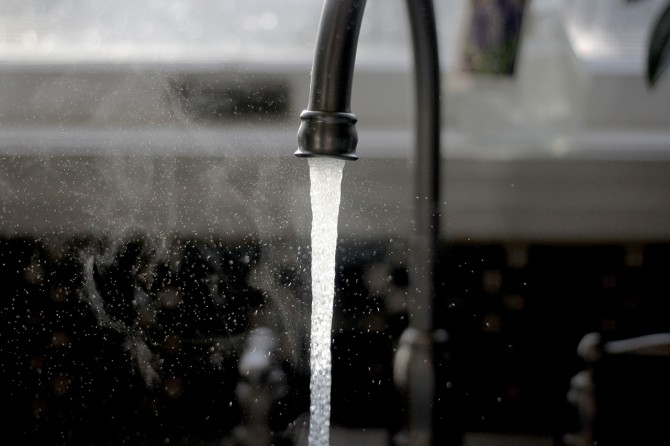Podcast explores ‘What Does Water Mean for Us Humans?’
By Linda B. Glaser
Water is essential for life – after all, our bodies are 60 percent water.
It is also rich with symbolism and meaning. Water underlies many of our discussions about climate change and weaves its way into poetry and song.
What does recent research have to say about humans and water?
The new season of the “What Makes Us Human” podcast and essay series, from the College of Arts and Sciences in collaboration with Cornell Broadcast Studios, is titled “What Does Water Mean for Us Humans?” It will showcase the newest thinking by Cornell faculty across academic disciplines about the relationship between humans and water, in 3- to 5-minute audio essays. A new episode is being released each Tuesday through the semester.
“It’s exciting to see that the research of so many of Cornell’s faculty members throws light on the importance of water for human life and experience,” said podcast producer Caroline Levine, the David and Kathleen Ryan Professor of Humanities and Picket Family Chair of the Department of English.
The new season kicked off March 19 with Catherine Kling, Tisch University Professor in the Dyson School of Applied Economics and Management and Faculty Director at the Atkinson Center for a Sustainable Future. Her episode is titled “The Cost of Water.”
“In the United States, most of us don’t give much thought to our ready access to safe drinking water, and we probably take for granted the many nice rivers and streams we use for recreation,” Kling said in her podcast. “How should we make choices about costly water quality treatment?”
Kling’s research interests focus on environmental, energy and resource economics and policy; she specializes in the economic valuation of ecosystem services and integrated assessment modeling for water quality modeling.
Episode 2, “Waterways of Venice,” released March 26, explains the influence of water on European Renaissance culture.
“Venice, situated on the Adriatic Sea, [has] access to Asia as well as to all of Europe’s waterways. That incredibly cosmopolitan city shaped art, music and literature – and its export throughout Europe – by way of its watery routes,” says William Kennedy, Avalon Foundation Professor Emeritus in the Humanities in the Department of Comparative Literature in his podcast.
Kennedy researches the history of European literature and literary criticism from antiquity to the early modern period. His publications focus on Italian, French, English and German texts from Dante to Milton and include “Petrarchism at Work: Contextual Economies in the Age of Shakespeare,” “The Site of Petrarchism: Early Modern National Sentiment in Italy, France, and England” and “Authorizing Petrarch.”
“What Does Water Mean for Us Humans?” podcasts are available for download on iTunes and SoundCloud; streaming and text versions of the essays are also posted.
Linda B. Glaser is a staff writer for the College of Arts and Sciences.
Media Contact
Get Cornell news delivered right to your inbox.
Subscribe
